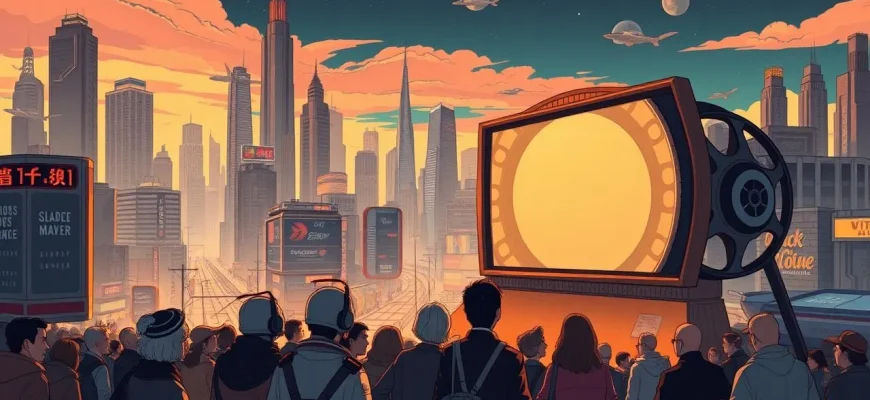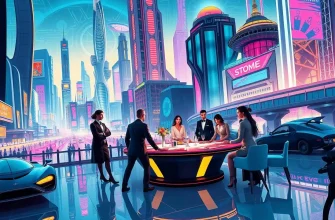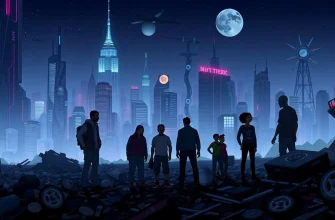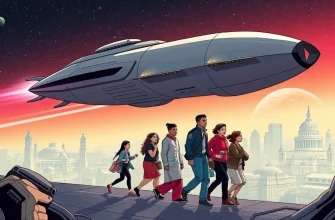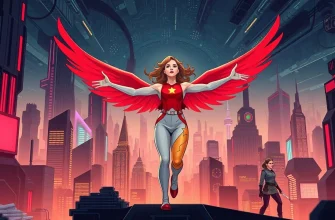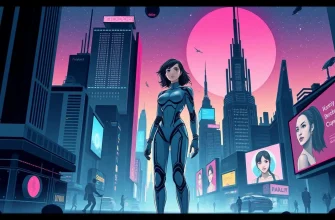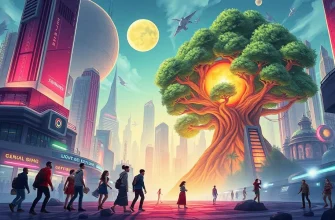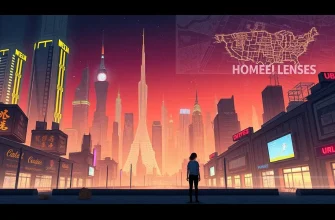Science fiction has always been a genre that not only entertains but also challenges our perceptions of society and its potential futures. These films delve into the realm of social reform, presenting worlds where societies grapple with change, equality, and justice. From dystopian futures to utopian dreams, these movies offer a rich tapestry of ideas about how societies might evolve or devolve. This curated list is perfect for those who love to ponder the 'what ifs' of social structures and the transformative power of reform.
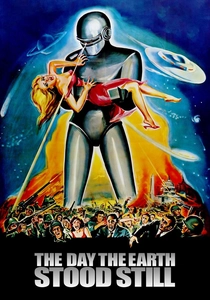
The Day the Earth Stood Still (1951)
Description: An alien arrives on Earth with a message for humanity to live in peace or face destruction, reflecting Cold War anxieties and the need for global reform in attitudes towards war and peace.
Fact: The film was remade in 2008 with Keanu Reeves, but the original remains a classic for its social commentary.
 Watch Now
Watch Now
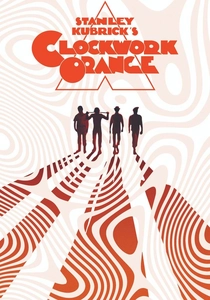
A Clockwork Orange (1971)
Description: Stanley Kubrick's adaptation of Anthony Burgess' novel explores themes of free will, violence, and the ethics of conditioning behavior, questioning the morality of state-imposed reform.
Fact: The film was banned in several countries due to its violent content.
 Watch Now
Watch Now

Gattaca (1997)
Description: In a society where genetic engineering determines one's social status, 'Gattaca' explores themes of discrimination, identity, and the human spirit's resilience against societal norms.
Fact: The film's title is derived from the four nucleobases of DNA: guanine, adenine, thymine, and cytosine.
 Watch Now
Watch Now

The Matrix (1999)
Description: This film explores a world where humans are unknowingly trapped inside a simulated reality, controlled by sentient machines. It raises questions about freedom, control, and the nature of reality, making it a profound commentary on societal control and the need for reform.
Fact: The Wachowskis developed the concept of 'bullet time' for this film, revolutionizing action sequences in cinema.
 Watch Now
Watch Now

Equilibrium (2002)
Description: Set in a future where emotions are outlawed to prevent war, 'Equilibrium' examines the suppression of individuality and the quest for emotional freedom, highlighting the dangers of extreme social control.
Fact: The film was inspired by Ray Bradbury's "Fahrenheit 451" and George Orwell's "1984".
 Watch Now
Watch Now
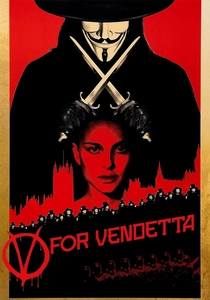
V for Vendetta (2005)
Description: In a fascist Britain, a masked vigilante named V fights for freedom and justice, sparking a revolution. The film is a powerful allegory for resistance against oppressive regimes and the fight for individual rights.
Fact: The film's iconic mask has become a symbol for various protest movements worldwide.
 Watch Now
Watch Now
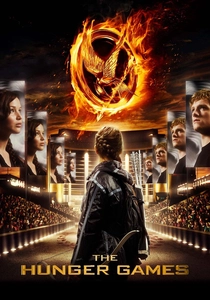
The Hunger Games (2012)
Description: This film series, based on Suzanne Collins' novels, showcases a dystopian society where children are forced to fight to the death, highlighting issues of class division, control, and rebellion.
Fact: The film's setting was inspired by the myth of Theseus and the Minotaur.
 Watch Now
Watch Now

Elysium (2013)
Description: Set in a future where the wealthy live on a luxurious space station while the rest of humanity suffers on Earth, 'Elysium' tackles themes of inequality, healthcare, and the fight for a better life.
Fact: The film was shot in Mexico City, using real locations to depict the impoverished Earth.
 Watch Now
Watch Now

Brazil (1985)
Description: This dark comedy-drama depicts a dystopian world where bureaucracy and technology control every aspect of life, satirizing the absurdity of totalitarian regimes and the desire for personal freedom.
Fact: Terry Gilliam's vision for the film was so unique that it led to conflicts with Universal Pictures over its release.
 30 Days Free
30 Days Free
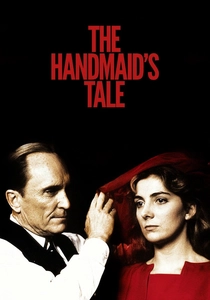
The Handmaid's Tale (1990)
Description: Based on Margaret Atwood's novel, this film portrays a dystopian future where women are stripped of rights and used solely for reproduction, reflecting on themes of gender inequality and resistance.
Fact: The film adaptation was released before the more well-known TV series, offering a different interpretation of the story.
 30 Days Free
30 Days Free

